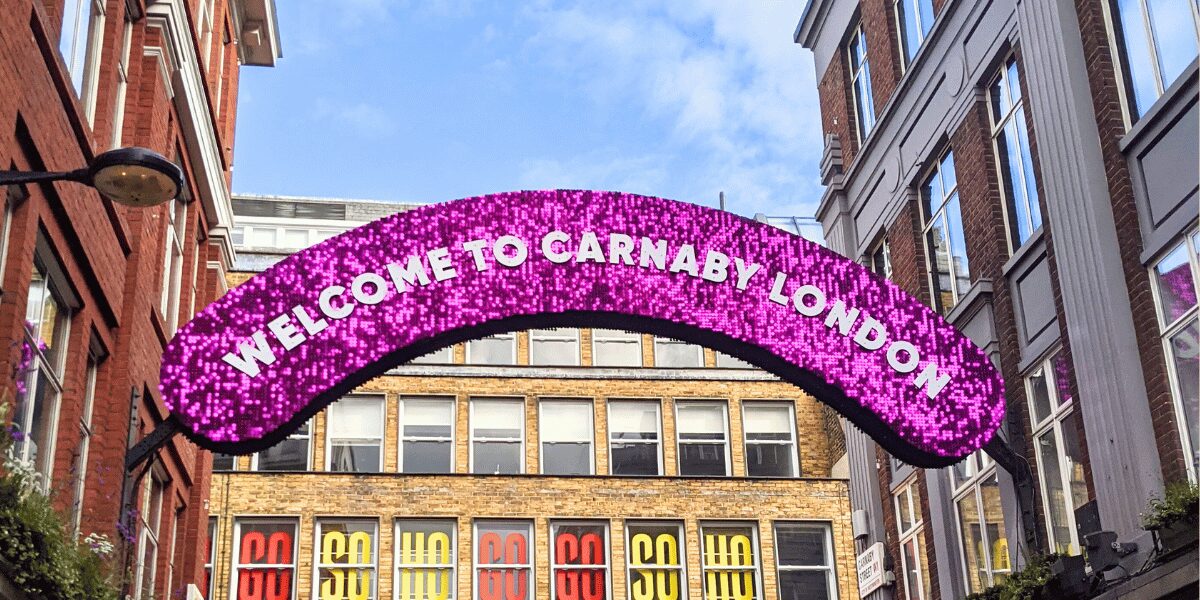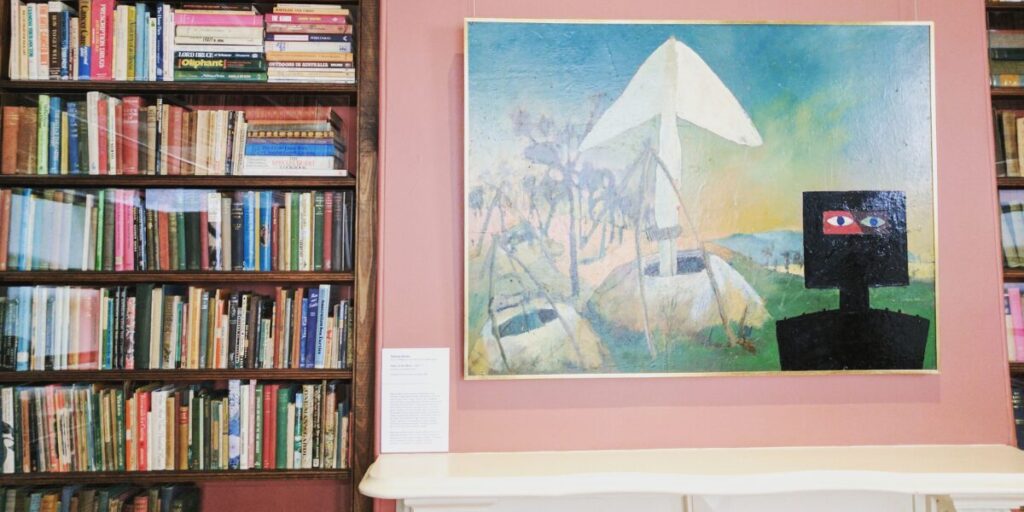What exactly is consumer psychology? It’s a big question with a big answer. In a nutshell, it means understanding consumer behaviour and how it influences their big and small decisions.
Looking at the research, consumer psychology addresses an array of subjects. Some more popular areas include decision-making, consumer judgement, perception and attention, information processing, motivational determinants of consumer behaviour, attitude formation and change, and advertising influences upon consumer responses (Jansson-Boyd, 2010).
How do people feel about consuming?
There’s also something to be said about how consumption makes them feel — we live in a world where people seem to define themselves primarily through purchases.
The other day, a friend and I discussed whether the vast majority of people would still purchase goods and services if they couldn’t tell anyone. Nobody knows the brand or the value. For instance, like Wiley, you buy and wear a Rolex. However, you’re not allowed to tell anyone, write a hit about it, or Instagram it. Would you still want one?
Influencers and consumer psychology
This thought experiment is particularly interesting in the ‘age of the influencer’, impacted by COVID-19. It begs the question: Who are you, and what is your brand if you can’t consume it?
Influencers are supposed to be aspirational; they are supposed to be in places we want to be, in clothes we want to wear, doing things we want to do. Without that so-called “FOMO,” it’s hard to see what need they really serve.
Coronavirus Could Finally Pop the Influencer Bubble — Vice
In 2003, Kasser & Kanner said there is no way of escaping the fact that consumption is a part of humans’ everyday lives, but times, they are-a-changing. Watch this space.
If you enjoyed this article, subscribe to the Plein-Air newsletter for weekly posts on creativity, curiosity and working better.



